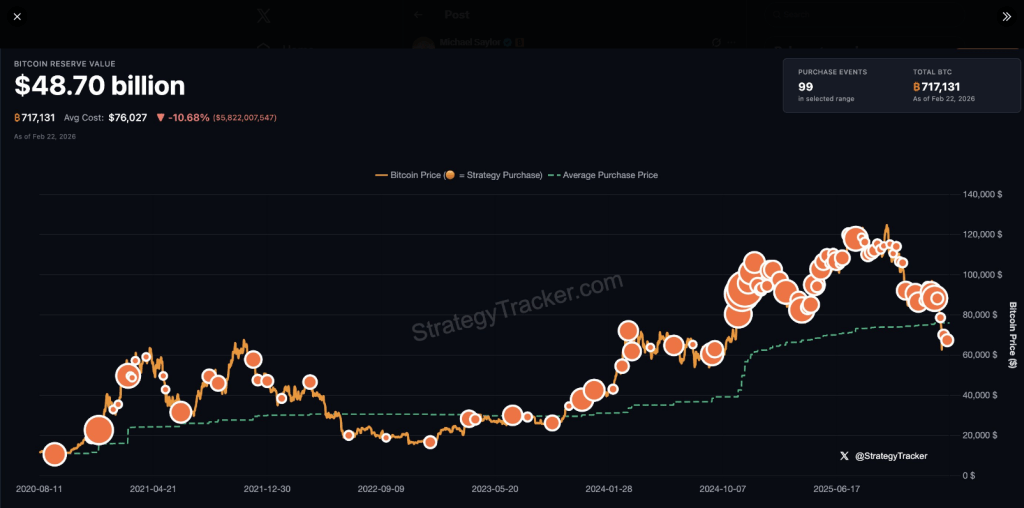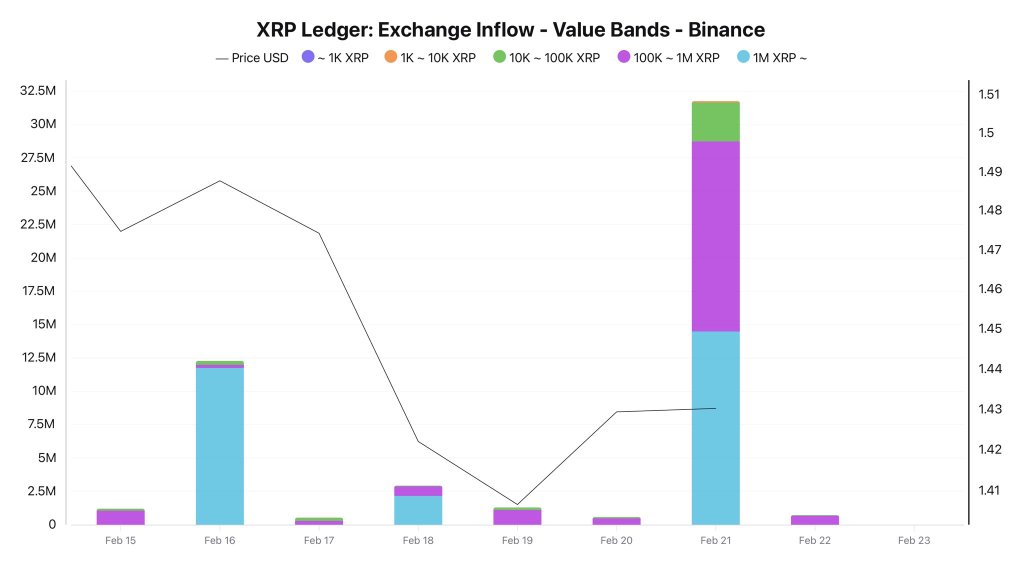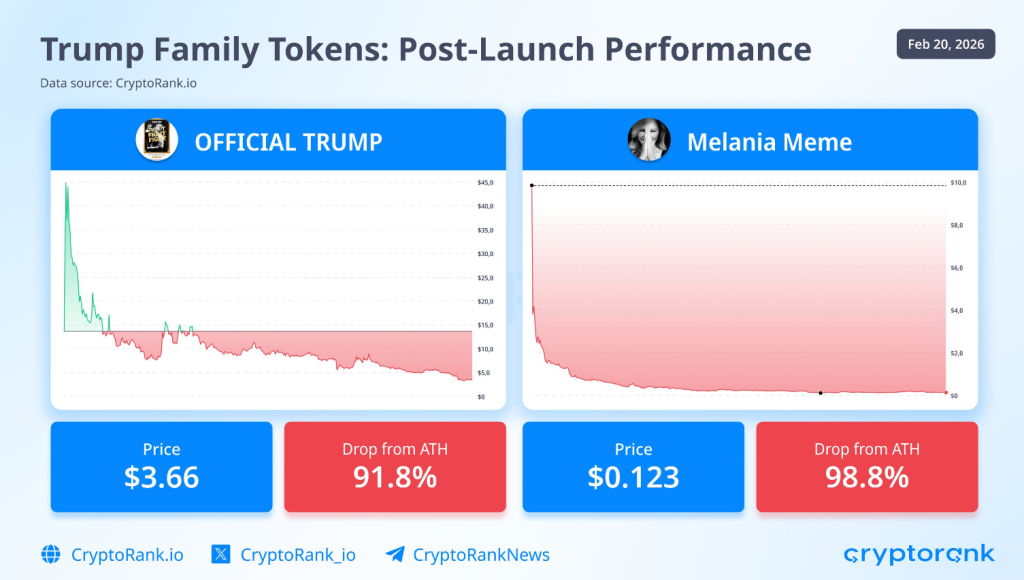
Introduction to Decentralized Science (DeSci): Redefining Research in the Blockchain Era
The synergy of blockchain technology and scientific research is drastically changing how knowledge is funded, conducted, and disseminated. Here comes Decentralized Science (DeSci)—a new trend that uses decentralized networks and token-based economies to address the challenges within the conventional science environment. With its focus on access, funding, and data, DeSci is pushing toward a better, more democratic posterior for scientific advancement.
Let’s Explore: What is DeSci?
DeSci aims to make it possible for individuals at various stages of the research life cycle, including researchers, funders, and patients, to take charge of how scientific progress is made. Through blockchain-powered platforms, the movement fosters:
Democratized Funding
Researchers can bypass bureaucratic grant systems and raise funds directly from global communities. Decentralized Autonomous Organizations (DAOs) allow individuals to pool resources and collectively decide which projects to support.
Enhanced Collaboration
DeSci fosters cross-disciplinary and cross-boundary collaborative working, as well as encourages people around the globe to collaborate effectively.
Transparent Funding Processes
With the blockchain backup, DeSci ensures transparency in funding mechanisms and also offers open access to data. Blockchain backup also aids in the immutable record-keeping of research outcomes and other crucial records, ensuring integrity and trust.
Resources & Rewards
Traditional scientific systems often struggle with inefficiencies, such as limited funding, restricted access, and opacity. DeSci flips the script, ensuring that resources and rewards are distributed equitably among stakeholders.
The DeSci Ecosystem: Top 5 Players
Several innovative projects exemplify how DeSci is reshaping research:
– ResearchHub: Dubbed the “GitHub for Science,” this platform rewards contributors with ResearchCoin (RSC) for sharing and collaborating on scientific work, fostering an open, decentralized research ecosystem.
VitaDAO: VitaDAO, focused on human longevity, pools resources to fund groundbreaking aging research. Members collectively decide which studies receive funding, ensuring alignment with community priorities.
– BiohackerDAO: Supporting biohacking and citizen science, this DAO promotes open-access research and DIY biology projects.
– Molecule: A decentralized marketplace where intellectual property (IP) can be tokenized. Researchers secure upfront funding while investors gain a stake in the project’s success.
– Data Lake: The platform is dedicated to healthcare, this platform enables patients to share medical data for research via blockchain-based consent systems securely. Its native token, LAKE, aligns stakeholders and incentivizes participation.
Why DeSci Matters
DeSci addresses key pain points in traditional scientific ecosystems:
- Researchers often struggle with slow, restrictive grant systems.
- Many scientific findings are locked behind expensive subscriptions, limiting accessibility.
- Data manipulation and opaque decision-making erode public trust in science.
DeSci’s solutions include:
Making research freely available to all, democratizing knowledge, and providing open access.
Connecting funders, researchers, and participants worldwide.
Transparency, data integrity, accountability, and immutable records are well-achievable with blockchain’s power in DeSci.
What Next?
While still in its infancy, Decentralized Science (DeSci) already demonstrates great potential. Ambitious projects are already leading the charge, proving that decentralized models can accelerate innovation and ensure equitable sharing of research benefits.
As blockchain technology continues to integrate into scientific workflows, DeSci has the potential to blur boundaries between researchers and the public, creating a world where anyone can contribute to and benefit from science’s progress.





